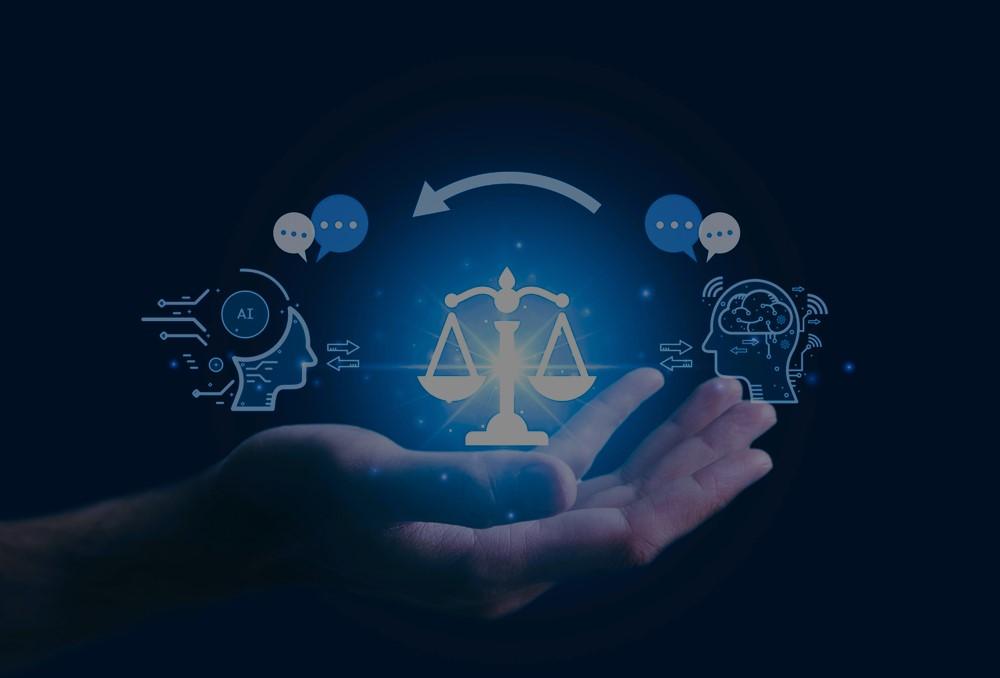Ethical AI and Bias Mitigation


As AI models like ChatGPT, other types of LLMs, and generative AI applications have integrated into our frameworks, the spotlight on ethical AI and need for standards has intensified. The adaptability of AI in human interactions requires the establishment of regulations and guidelines to ensure responsible usage. Governments around the world are already responding, with notable initiatives including the principles released by the White House on design, use, and deployment of automated systems. Similarly, the European Union has laid down several requirements for AI systems to meet ethical standards, including human agency and oversight, privacy and data governance, and transparency.
Big Tech’s Role in Ethical AI
Major tech companies are often at the forefront of AI development and face intense scrutiny regarding ethical AI use. These companies are taking measures to address bias in the pursuit of creating AI models that are not only cutting-edge, but ethically sound. As small businesses navigate the landscape of AI integration, they can benefit from looking at practices the major leagues are implementing to embrace ethical data for long-term success.
Ethical AI for Accessibility
Leading tech companies recognize the importance of accessibility. Initiatives such as developing inclusive algorithms and interfaces cater to individuals with diverse needs. Telefónica, a Spanish telecommunications firm’s methodology known as “Responsible AI by Design,” incorporates comprehensive training and awareness activities in three languages. It also conducts dedicated workshops and self-assessment questionnaires for managers to complete. By prioritizing accessibility, these companies aim to ensure that AI benefits everyone.
Data Privacy Measures
Tech giants are investing heavily in data privacy measures, implementing robust encryption, secure storage, and stringent access controls. Microsoft states in its “Responsible AI Standard” general requirements that “Microsoft AI systems are designed to protect privacy and to be secure in accordance with their privacy standard and security policy.” By prioritizing data privacy, these companies demonstrate their commitment to ethical AI practices that respect user confidentiality and protect sensitive information.
Diversity, Equity, and Inclusion in AI
Major tech companies are actively addressing DEI concerns. Meta is focusing on creating and distributing more diverse datasets to improve fairness in AI models. Google is conducting work on improving skin tone evaluation in machine learning. By fostering diverse talent pools, incorporating unbiased datasets, and implementing ethical AI training, these companies are striving to mitigate biases and ensure fair representation in AI applications.
Looking Ahead to our Ethical AI Commitment
As governments and tech companies collaborate to establish ethical AI standards, we must anticipate future development in regulations and responsible AI practices. At DataForce, we recognize the critical role of ethical AI and bias mitigation. From small- and mid-size enterprises to large-scale corporations, our commitment to providing secure and reliable AI services ensures your AI models adhere to the highest ethical standards.
Connect with a DataForce representative today to embark on a journey toward secure, reliable, and ethical AI solutions.
By DataForce